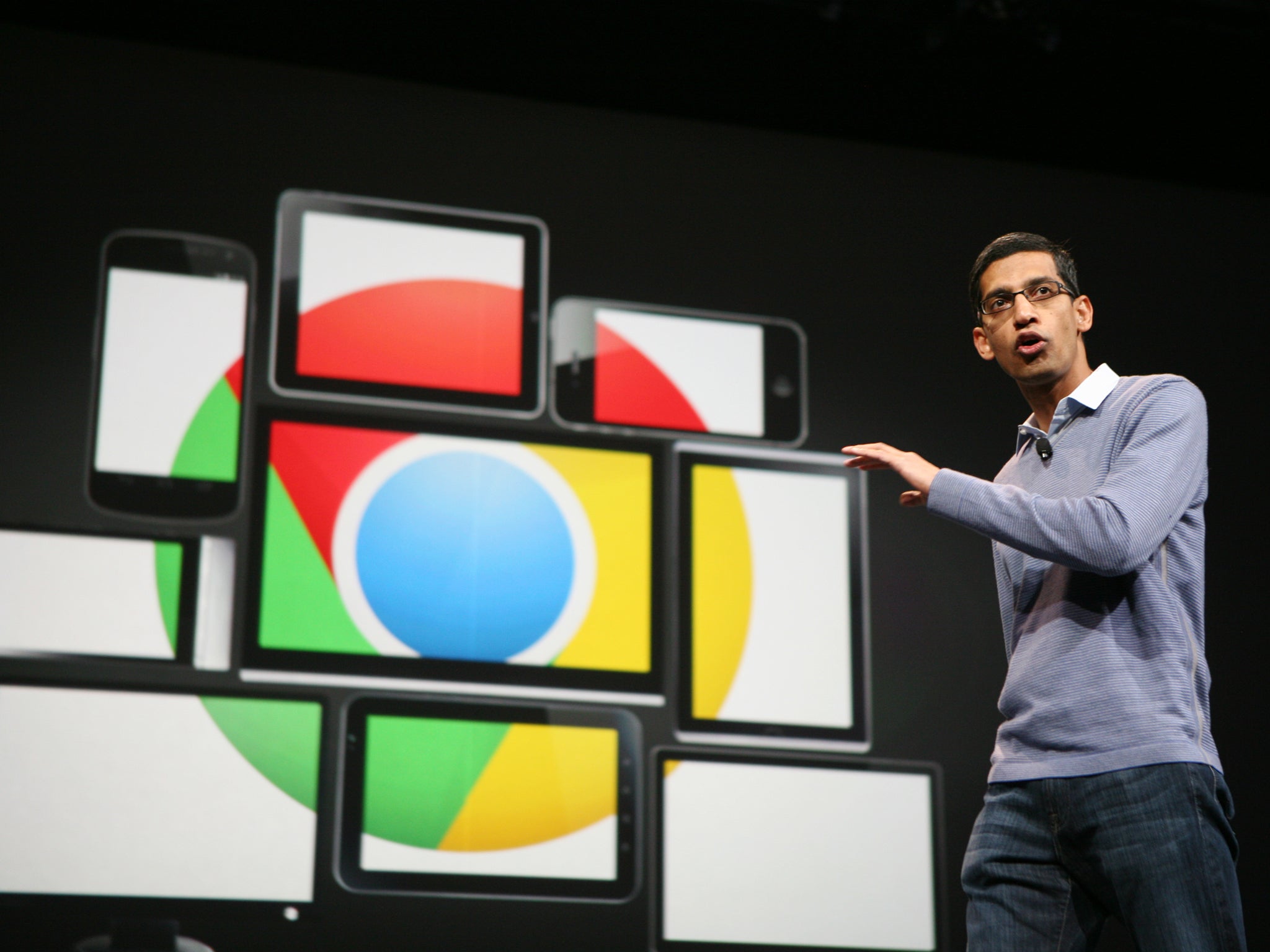Google Chrome killing Flash auto-play, stopping annoying ads and maybe killing software
The kind of things you want to watch — like videos — will be spared, but everything else will be stopped from bombarding you

Google Chrome is to stop Flash ads from auto-playing in people’s browsers, helping further kill off the much-hated software.
The company will let the kinds of Flash videos that people might actually want through. But everything else will be auto-paused, meaning that it won’t start playing until it’s clicked.
That will mean that the annoying and sometimes dangerous flash ads that start playing when navigating to a website will be over for Chrome users.
As well as stopping ads, the change could also help Chrome take up less memory — important, especially on less powerful computers. Big web pages can often slow down Chrome completely, which can in turn bring computers to a halt.
And Flash has been often criticised for being a security concern in the way that it has previously been exploited to let people run malicious code on users’ computers. As such, many have prophesised — and hoped for — its death.
Chrome’s settings already allow people to block such content, by heading to the settings and checking the “Detect and run important plugin content” option, which can be found in “Advanced settings”. But now Chrome will be turning it on by default — and potentially killing off the use of the software when it does so.
Google announced the change in June, and made it available for those that use the early release beta versions of Chrome. But it has now said that everyone will get it on September 1.
Join our commenting forum
Join thought-provoking conversations, follow other Independent readers and see their replies
Comments
Bookmark popover
Removed from bookmarks